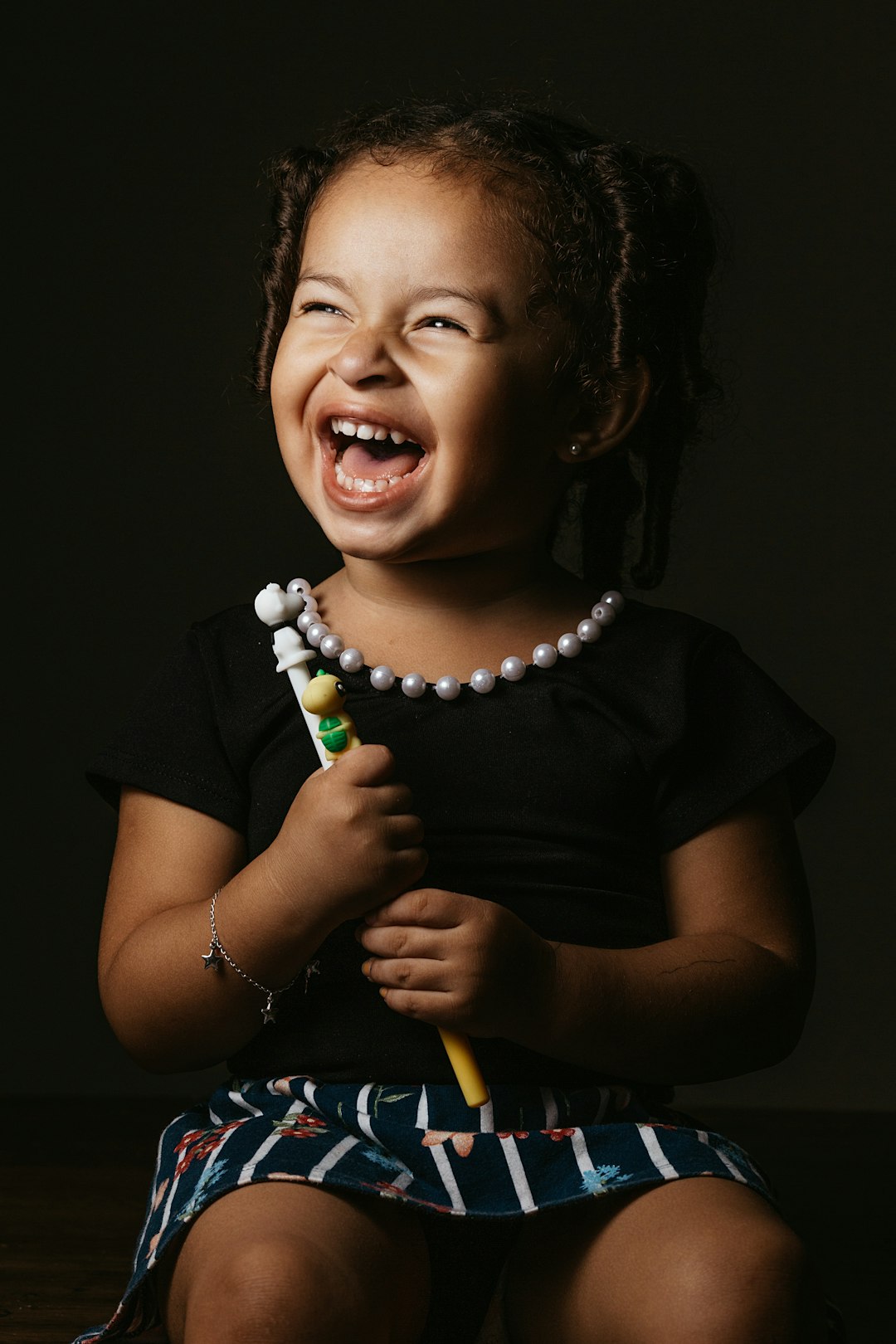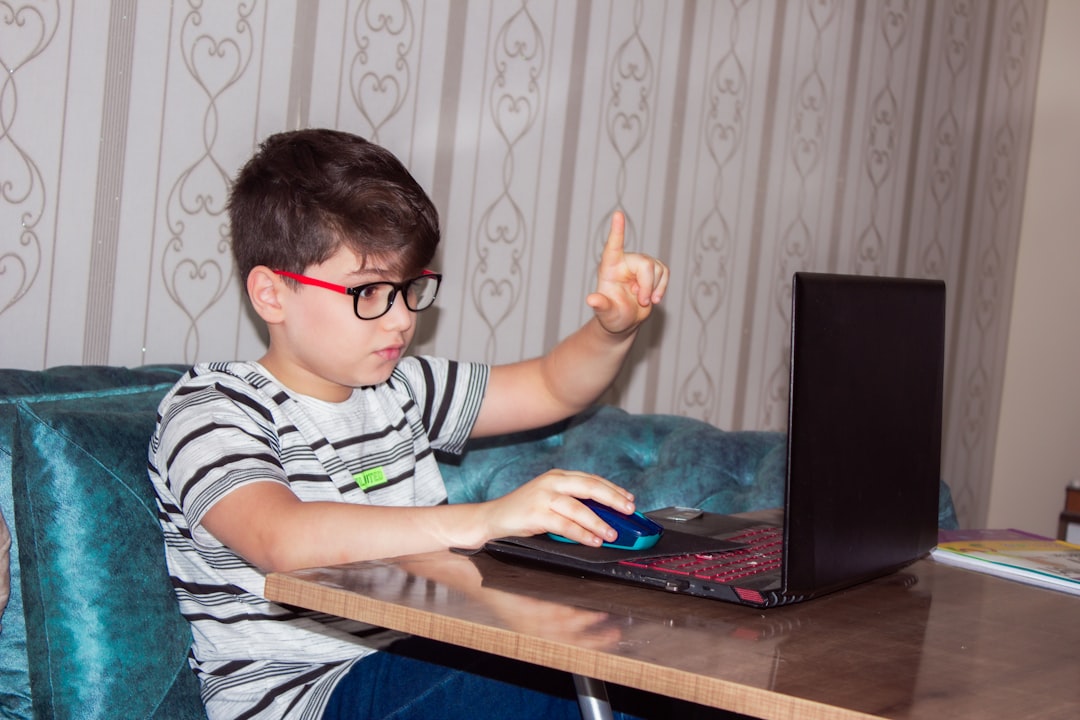
How do I help my child play well with other children?
Playing with other children is a crucial part of a child's social development. It helps them learn important skills like sharing, taking turns, and communication. However, not all children are naturally good at playing with others, and some need a little extra help. Here are some tips on how to help your child play well with other children.
1. Teach empathy
Empathy is the ability to understand and share the feelings of others. It is an essential skill for playing well with other children. You can teach empathy by talking to your child about how others might be feeling and encouraging them to put themselves in other people's shoes. You can also model empathy by showing your child how to be kind and considerate to others.

2. Encourage sharing
Sharing is a vital part of playing well with others. It can be challenging for some children to share their toys, but it is an essential skill to learn. You can encourage sharing by praising your child when they share and by modeling sharing behavior yourself. You can also teach your child to take turns with toys and games.
3. Set up playdates
Playdates are a great way for your child to practice playing with others. You can invite a friend over to play or take your child to a local playground. Encourage your child to interact with other children and help them navigate any conflicts that may arise.

4. Teach conflict resolution
Conflict is a natural part of playing with others. It is essential to teach your child how to resolve conflicts in a peaceful and respectful way. You can teach conflict resolution by helping your child identify the problem, brainstorming solutions, and choosing the best solution together.
5. Practice communication skills
Good communication is essential for playing well with others. Teach your child to express their feelings and needs clearly and respectfully. Encourage them to listen to others and ask questions to clarify their understanding.

6. Be a good role model
Children learn by watching and imitating the behavior of adults around them. Be a good role model by modeling positive social behavior. Show your child how to be kind, respectful, and empathetic to others.
7. Don't force it
Some children are naturally more introverted or shy and may not enjoy playing with others as much. Don't force your child to play with others if they are not comfortable. Instead, encourage them to find activities they enjoy and feel comfortable with.
8. Practice patience
Learning to play well with others takes time and patience. Be patient with your child and celebrate their progress, no matter how small. Encourage them to keep practicing and trying new things.

By teaching empathy, encouraging sharing, setting up playdates, teaching conflict resolution and communication skills, modeling positive social behavior, and being patient, you can help your child learn to play well with others. Remember, every child is different, and some may need more help than others. With time and patience, your child can learn to be a great playmate!
Warmly,

Top photo by Artem Kniaz on Unsplash

